SUMMARY
This is AI generated summarization, which may have errors. For context, always refer to the full article.


The Department of Justice (DOJ) has put a dent in President Rodrigo Duterte’s drug war by announcing to the United Nations that the Philippine police did not follow protocol in anti-drug operations where suspects were killed after resisting arrest.
“In more than half of the records reviewed, the law enforcement agents involved failed to follow standard protocols pertaining to coordination with other agencies and the processing of the crime scene,” Guevarra said in a high-level meeting of the United Nations Human Rights Council (UN HRC) on Wednesday night, February 24.
When asked how many cases they have actually reviewed, and in which areas, Guevarra said they reviewed files from Bulacan (including San Jose del Monte City), Pampanga (including Angeles City), Cavite (including Bacoor City), and parts of Metro Manila, which he said, were “the areas with the highest number of incidents.”
Guevarra earlier said that due to the pandemic, they were able to look at only a “sample size” of the more than 5,000 cases of suspects who were killed in legitimate operations because they allegedly resisted arrest. These are called the nanlaban (resisting arrest) cases.
In these cases, he said, no full examination of the recovered weapon was conducted.
“No full examination of the weapon recovered was conducted. No verification of its ownership was undertaken. No request for ballistic examination or paraffin test was pursued until its completion,” said Guevarra.
A paraffin test would help determine if the suspect was indeed armed. A scathing report by the UN Office of the High Commissioner for Human Rights (UN OHCHR) in June 2020, found that cops planted guns in these cases.
In the sensational case of 17-year-old Kian delos Santos, a bullet trajectory examination found that the teenager was already on the ground kneeling, indicating he had no capacity to shoot the cops dead. A local court found that the cops lied when they said Kian resisted arrest, and convicted them of murder.
Assessment of the police
This is a damning assessment of the Philippine National Police (PNP) from no less than the justice secretary. It shatters the presumption of regularity, which the police have always rested on when questioned about these cases that advocates refer to as extrajudicial killings (EJKs).
Guevarra created the drug war review panel to avoid the International Criminal Court (ICC). Since then, the DOJ has launched some efforts that the UN cited in shielding President Rodrigo Duterte from tighter international scrutiny.
Critics have called the DOJ efforts, including the drug war review, a cunning way to evade a larger probe.
The war on drugs is under litigation in the Supreme Court, but a Rappler investigation showed that the Duterte government was able to stall the case by submitting “rubbish” files.
Guevarra said the PNP had conducted “appropriate internal investigations of thousands of these incidents.”
“And scores of police officers have been recommended for administrative and criminal action. It is now the immediate task of the review panel to ensure that these recommendations have been acted upon and carried out by the proper disciplinarian authorities,” Guevarra said.
“And that measures are adopted to minimize loss of lives during legitimate law-enforcement operations against illegal drugs,” Guevarra added.
Impunity
Human Rights Watch Deputy Asia Director Phil Robertson said that at best, Guevarra’s report “shows both the DOJ and senior police were asleep at the switch as the drug war killings accelerated and intensified.”
“He is now revealing a reality that was obvious to those in the affected communities, namely, that after killings occurred, there were no subsequent police investigations into the circumstances of what took place,” Robertson said.
“The real name for that is impunity,” said Robertson. – Rappler.com
Add a comment
How does this make you feel?
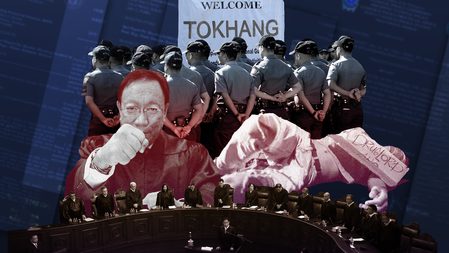
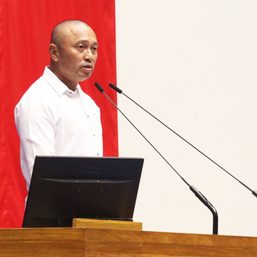
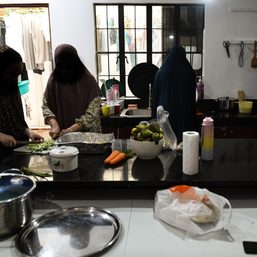
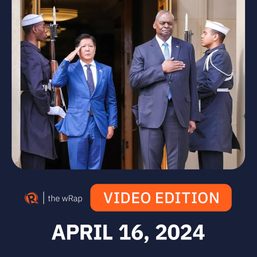
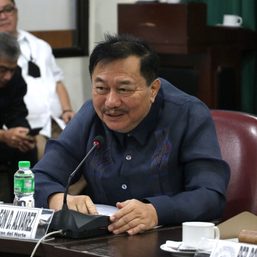
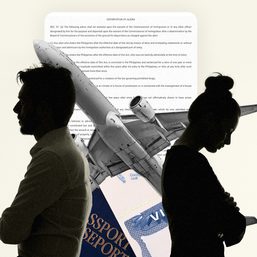



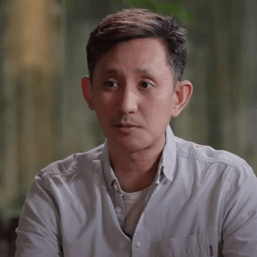
![[WATCH] Dahas Project, the team that continues to count drug war victims](https://www.rappler.com/tachyon/2024/03/dahas-project-2.jpg?resize=257%2C257&crop=404px%2C0px%2C1080px%2C1080px)

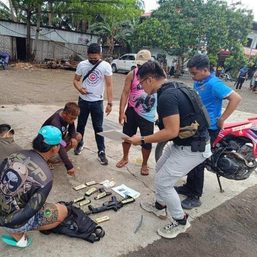
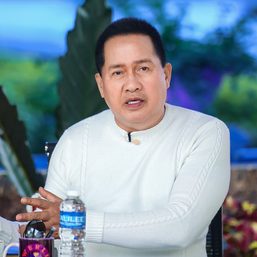
![[Rappler Investigates] The guns of Apollo Quiboloy](https://www.rappler.com/tachyon/2024/04/quibs-guns-carousel.jpg?resize=257%2C257&crop=412px%2C0px%2C1280px%2C1280px)
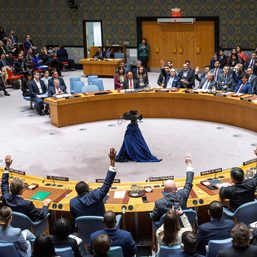
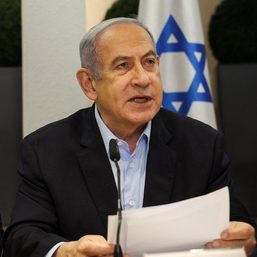
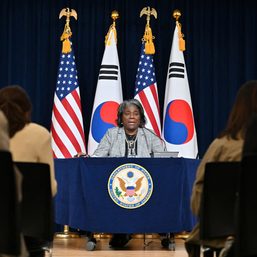
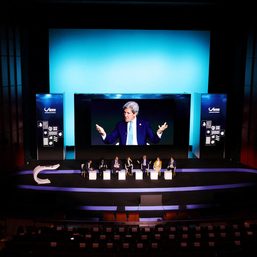
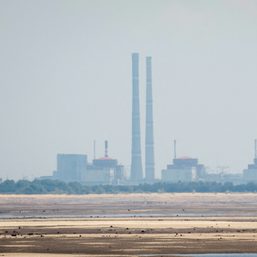
There are no comments yet. Add your comment to start the conversation.